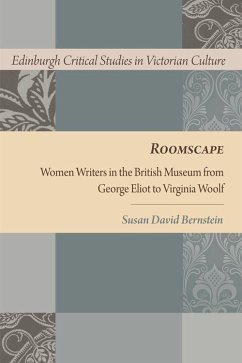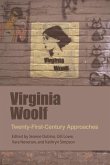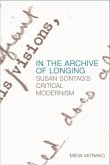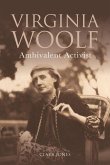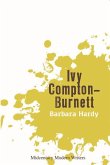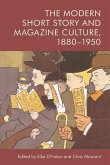"Roomscape deserves to find a readership, for its original pursuit of a rich topic and the possibilities it suggests for further study." Matthew Ingleby, Times Literary Supplement *AUTHOR APPROVED* "By drawing women back towards one of the foci of 19th-century intellectual life, Bernstein has done library history a great service. " Colin Higgins, Times Higher Education "Roomscape effectively demonstrates an innovative way of framing -- and doing -- late Victorian feminist literary history" Mary-Jean Corbett, Nineteenth-Century Gender Studies Roomscape explores a specific site--the Reading Room of the British Museum--as a space of imaginative potential in relation to the emergence of modern women writers in Victorian and early twentieth-century London. Drawing on archival materials, Roomscape is the first study to integrate documentary, historical, and literary sources to examine the significance of this space and its resources for women who wrote translations, poetry, and fiction. This book challenges an assessment of the Reading Room of the British Museum as a bastion of class and gender privilege, an image established by Virginia Woolf's A Room of One's Own. Rather than viewing reading and writing as solitary, Roomscape investigates the public, social, and spatial dimensions of literary production. The implications of this study reach into the current digital era and its transformations of practices of reading, writing, and archiving. Along with an appendix of notable readers at the British Museum from the last two centuries, the book contributes to scholarship on George Eliot, Amy Levy, Eleanor Marx, Clementina Black, Constance Black Garnett, Christina Rossetti, Mathilde Blind, and Virginia Woolf. Susan David Bernstein, Professor of English at the University of Wisconsin-Madison, is the author of Confessional Subjects: Revelations of Gender and Power in Victorian Literature and Culture (1997) as well as the co-editor with Elsie B. Michie of Victorian Vulgarity: Taste in Verbal and Visual Culture (2009).
Hinweis: Dieser Artikel kann nur an eine deutsche Lieferadresse ausgeliefert werden.
Hinweis: Dieser Artikel kann nur an eine deutsche Lieferadresse ausgeliefert werden.

